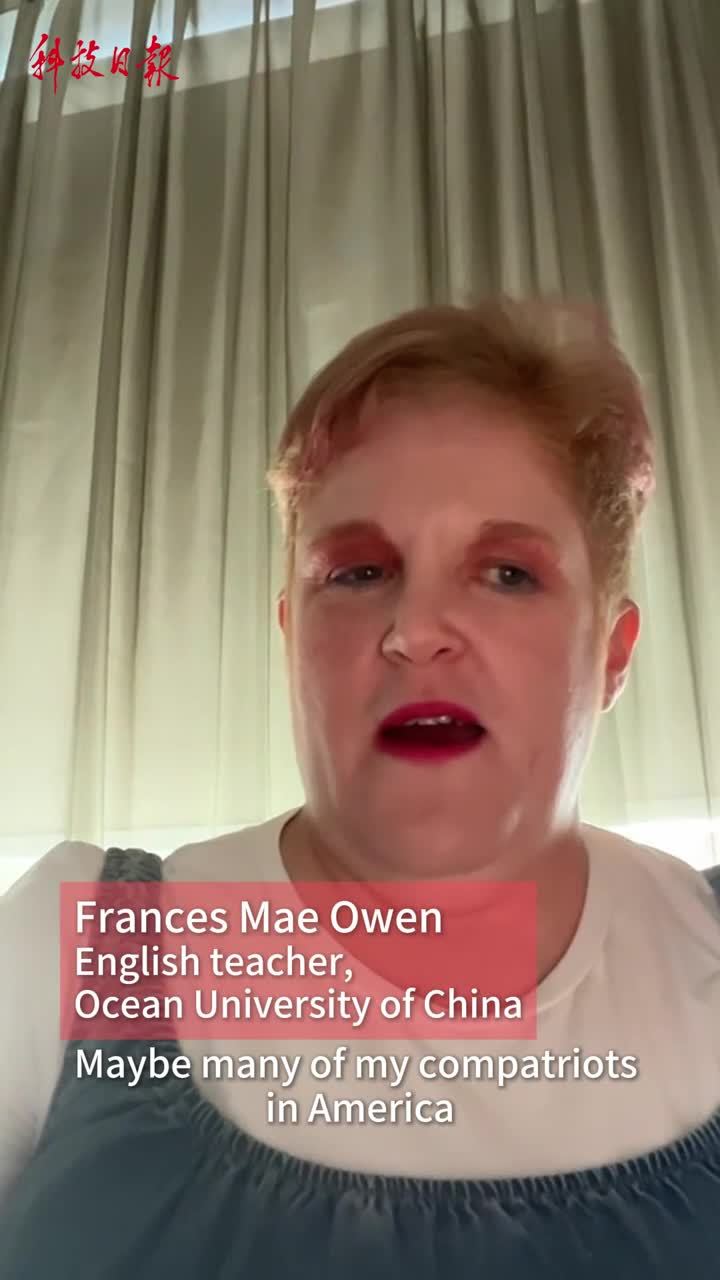China-Malaysia Bond: Water Can't Be Cut Apart
China and Malaysia are friendly neighbors across the sea and the “Maritime Silk Road stood witness to the millennium-old friendly exchanges between our countries,” highlights a signed article by Chinese President Xi Jinping, published in Malaysian media outlets on April 15, the start of his state visit to Malaysia as part of his tour to three ASEAN countries.
The article, titled “May the Ship of China-Malaysia Friendship Sail Toward an Even Brighter Future,” quotes a Malay proverb: "Water can't be cut apart."
The enduring partnership between China and Malaysia, often visualized as a steadfast ship along the currents of history, has entered a new era of cooperation. Four Malaysian experts give their unique perspectives of this bilateral relationship that spans education, scientific research and entrepreneurial innovation. Their experiences demonstrate how the Belt and Road Initiative (BRI) has become a framework for high-quality cooperation and people-to-people exchanges between the two nations.
Forging high-quality BRI cooperation
Educational and technological exchanges are important components of the bilateral relationship. Chuah Hean Teik, a consultant professor at Northwestern Polytechnical University in Xi'an, China, and an emeritus professor at Malaysia's Universiti Tunku Abdul Rahman, is a Malaysian scholar who has been promoting international exchanges for decades.
He received the Chinese Government Friendship Award in 2021 for his contribution to enhancing international cooperation between China and other countries.
"Every award is a recognition, and in a way, it illustrates the close relationship between China and Malaysia," Chuah told Science and Technology Daily. Visiting China first in 1995, he has witnessed the nation's technical advancement and poverty alleviation efforts firsthand. "Networking is essential for demonstrating sincerity in cooperation," he emphasized, calling for increased people-to-people exchanges among BRI partners.
Chuah admires the BRI because "helping others is an opportunity for self-improvement and eventually generates win-win results. International cooperation in technology transfer allows us to grow together."
Chong Chern Han is a Malaysian businessman based in Jining, Shandong province in east China, who has led a high-end intelligent recreational vehicle manufacturing project since 2014. His entrepreneurial journey highlights how the BRI is revitalizing historical connections.
"Malacca, my hometown, was visited by Zheng He, the Chinese explorer, five times around six centuries ago, an era that marked the prosperity of the ancient Silk Road. Today, I have the privilege of relocating from Malaysia to China and participating in the BRI,” Chong said.
"China’s openness has facilitated access to affordable, high-quality technology products globally," he added. His entrepreneurship in China has driven his personal growth and also made him a bridge for cultural and economic collaboration between the two nations.
Fueling people-to-people exchanges
Going Beyond tangible collaborations, the BRI has created an intangible, deeper bond: mutual understanding fostered through shared knowledge and vision. China’s rapid development over the past decades has created opportunities for global professionals, who contribute to global scientific and technological progress.
Show Kuan Yeow, a Malaysian scientist specializing in wastewater treatment, switched from Singapore’s Nanyang Technological University to leading research at Zhejiang Juneng, a company focusing on environmental protection in China.
He views China’s transformation as "a milestone in the history of reform and opening up," which has laid the groundwork for tackling global challenges like climate change.
"I believe China will pursue a more proactive strategy to attract international talent," Show said. “By conglomerating the expertise and international perspectives of global talent, China is committed to tackling the challenges faced by the country and the world."
His vision of "a flourishing, globally oriented innovation network" underscores the mutual benefits of Sino-Malaysian sci-tech collaboration.
Dr. Goh Hui-Hwang, a Malaysian scientist who joined Guangxi University in China in 2018, is another example of the borderless talent exchange. "China is a significant contributor to global growth," Goh said, praising the efforts to foster “a community with a shared future for mankind."
As an educator, he highlighted China’s strides in sci-tech innovation and talent cultivation, particularly through expanded research funding and international programs. "Science has no borders," he said, noting that China’s open research environment has attracted and benefited scholars worldwide.
Like water that cannot be divided, the two nations’ intertwined progress flows steadily toward a horizon of mutual prosperity.







